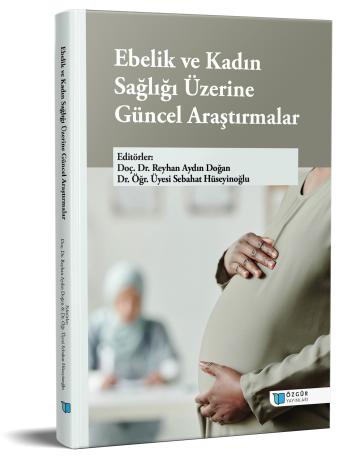
The Effect of Cantharone on Postpartum Wound Healing
Chapter from the book:
Aydın Doğan,
R.
&
Hüseyinoğlu,
S.
(eds.)
2024.
Current Research on Midwifery and Women's Health.
Synopsis
St. John's wort oil, known as Hypericum perforatum, is a traditional herbal remedy that has been used since ancient Greek times to treat both internal and external ailments. It has been proven in experimental studies to accelerate wound healing with its properties that support granulation and epithelialization. Studies on animal models have shown that St. John's wort oil promotes healing of incision, excision and dead space wounds. Studies in humans also support these findings. Especially in the postpartum period, St. John's wort oil used in cesarean section and episiotomy wounds contributes to the healing of scar tissue and reduction of pain. Several randomized controlled trials have shown that St. John's wort oil is both a safe and effective wound care product. For example, applications of St. John's wort ointment after cesarean section have been found to reduce wound surface area and scar formation, and relieve pain and itching. Similarly, it was reported that perineal pain and inflammation symptoms decreased in women using St. John's wort oil after episiotomy. Antibacterial effects were also investigated, but it was found that its effectiveness may vary when compared with other herbal oils. In conclusion, St. John's wort oil has been used in traditional medicine for many years and has been proven to promote wound healing in both experimental and clinical studies. However, further large-scale studies evaluating the efficacy and possible side effects of different application methods are needed.

